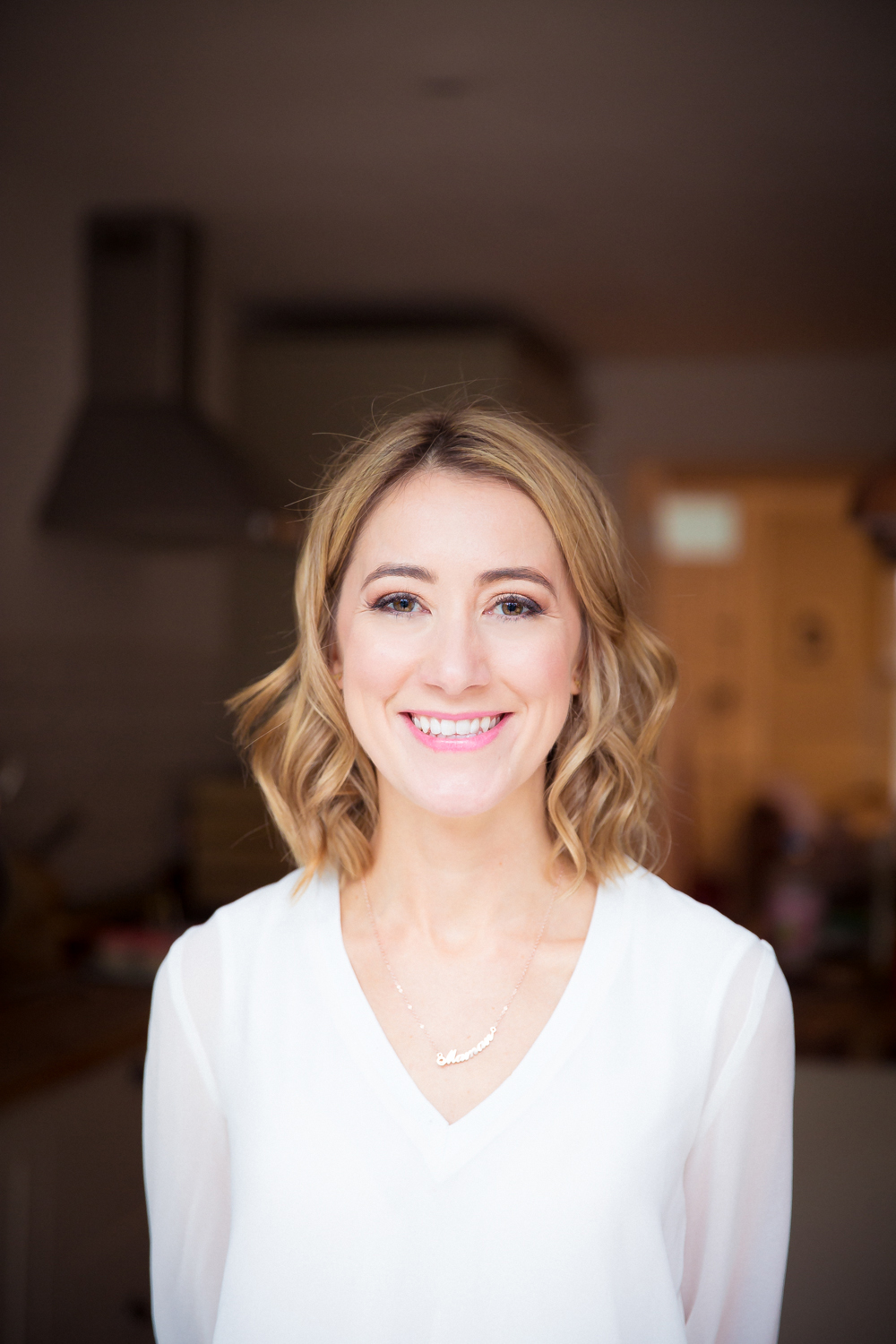I am unquestionably a serial people-pleaser. I am chronically helpful. I pride myself on being the capable one, the dependable one, the thoughtful one, the efficient one. And while it is, of course, a very normal human attribute to want to be liked by and connected to those around us, to shift ourselves slightly around different people we know in order to be accepted, I take this too far. I attend to the whims of others before my own, often leading me to take on more and more and not even notice when I've crossed the line into self-neglect and exhaustion.
It is still very much a work in progress for me, but therapy is helping me not only to learn where this has come from but also to unpick who I am underneath all the chameleon-like contortions I twist myself into.
Growing up, it felt like my parents, and my father in particular, prized my academic achievement above all else. What was said was, 'We want you to do more with your lives than we did with ours', but what therapy has helped me to see is that my small child brain heard that my father's love was tied to my performance academically.
He never said 'I will only love you if you succeed', but that message was reinforced many times over in subtle ways, so this is what I heard. I recall, aged seven, a teacher said I was average at maths; my father's reaction was that this was unacceptable on my part. I heard the disappointment, saw the displeasure; I felt the rejection and internalised it as shame. But then I would also see the pride, the happiness, the joy when I was excelling, when I became a straight-A student. I felt I had no choice than to keep this up.
What drove me to achieve wasn't a deep love for, or interest in every subject, but a desire to win the heart of a father who I felt was unable to tell the difference between loving me and loving my achievements, from separating the girl from the grades.
He would have no idea how much pressure he put on me to succeed. It would break his heart to know that I grew up believing his love for me was unconsciously conditioned on me excelling at everything I did and how scared I was of disappointing him, which then permeated into every aspect of my life. I pushed myself, perfection was the goal. I was hard on myself, probably far harder than he had ever been on me, and I never felt I could measure up. I never felt good enough. After all, living in a constant state of perfection is not possible to achieve.
Therapy has helped me to revisit and reshape these experiences. It's helped me to go back and speak directly to that seven-year-old girl and tell her a kinder, softer message. Tell her how her best was good enough, how she was loved no matter what she achieved. How she was absolutely wonderful just as she was.
The ripple effect of these experiences throughout my life has been examined and re-examined in the therapy room. Relearning what success actually is to me. Relearning who I am underneath the achievements, underneath all the masks.
'You must have loved your parents so very much to have left your true self behind to please them.'
She does it again.
BOOM, MIC DROP. PENNY DROP. AHA. LIGHT BULB. DING DING DING
Love lies behind it all. I am not a bad person - there is not emptiness behind the masks. Far from emptiness in fact, there is love. Love was the reason, love is behind it all.
Slowly, piece by piece, one tiny step at a time, therapy is helping me begin to learn I am not the four lies I have been telling myself my whole life:
- I am not what I do.
- I am not what I have.
- I am not what I achieve.
- I am not what other people think about me

